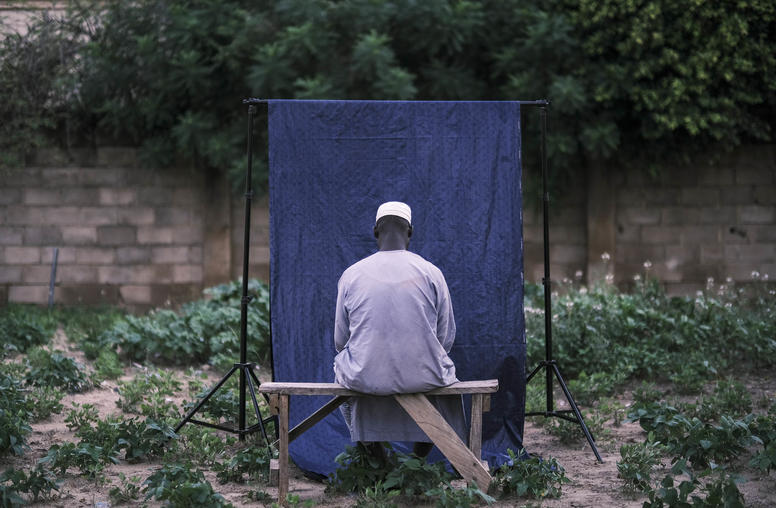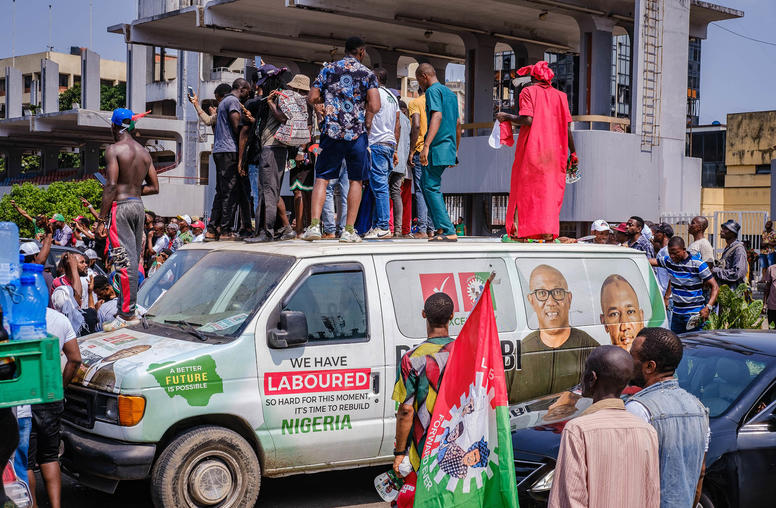Facilitating Dialogue
Facilitating Dialogue presents seven case studies of the United States Institute of Peace’s facilitated dialogue efforts in Iraq, Kosovo, Israel/Palestine, Colombia, Nigeria, and Nepal. Covering a variety of conflict situations and peacemaking efforts—from the tribal reconciliation in Mahmoudiya, Iraq, to a justice and security dialogue in Nepal—the cases tell stories of peacebuilding successes, efforts in progress, limitations on what can be achieved, and lessons learned.
“An engrossing collection of cases of track II dialogue processes in five regions, this volume should find a place on the shelf of educators and trainers and in the luggage of practitioners. Seven well-structured and accessible case essays provide essential background to the narratives. Most important, the collection is rich in lessons to be drawn from the cases. An important addition to the case literature on nonofficial diplomacy.”
—Chester A. Crocker, James R. Schlesinger Professor of Strategic Studies, Edmund A. Walsh School of Foreign Service, Georgetown University
Today’s international conflicts typically involve multiple actors, interests, and drivers that have sparked long, violent histories. Ending these conflicts relies more and more on facilitated dialogue, a process in which a neutral third party helps a broad spectrum of conflicting parties overcome the many barriers to effective communication.
This volume presents seven case studies of the United States Institute of Peace’s facilitated dialogue efforts in Iraq, Kosovo, Israel/Palestine, Colombia, Nigeria, and Nepal. Covering a variety of conflict situations and peacemaking efforts—from the tribal reconciliation in Mahmoudiya, Iraq, to a justice and security dialogue in Nepal—the cases tell stories of peacebuilding successes, efforts in progress, limitations on what can be achieved, and lessons learned.
Each case study details the conflict’s origins, how a facilitator helped steer the peace building process, and overarching lessons for future facilitators. Contributors highlight the importance of timing the initiative, harnessing the peacebuilding potential of civil society, collaborating with local organizations and facilitators, and engaging alternative voices.
David R. Smock is vice president of the Institute's Center for Mediation and Conflict Resolution and associate vice president of the Religion and Peacemaking program, one of the Centers of Innovation. Previously he served as director of the USIP's Grant program and coordinator of Africa activities. He has worked on African issues for over thirty years and lived in Africa for eleven years. As a staff member of the Ford Foundation from 1964 to 1980, he served in Ghana, Kenya, Lebanon, Nigeria, and New York.
From 1980 to 1986, Smock served concurrently as director of the South African Education Program, a scholarship program that brings black South African students to U.S. universities, and vice president for program development and research for the Institute of International Education. After serving as executive associate to the president of the United Church of Christ from 1986 to 1989, Smock became executive director of International Voluntary Services, supervising development projects in Africa, Asia, and Latin America.
He is editor of Interfaith Dialogue and Peacebuilding, Making War and Waging Peace: Foreign Intervention in Africa, and co-editor of African Conflict Resolution: The U.S. Role in Peacemaking. He received a Ph.D. in anthropology from Cornell University and holds an M.Div. from New York Theological Seminary.
Daniel Serwer is a professor of conflict management at the Johns Hopkins School of Advanced International Studies. Previously he was Vice President for Centers of Innovation and for Peace and Stability Operations at the United States Institute of Peace.



